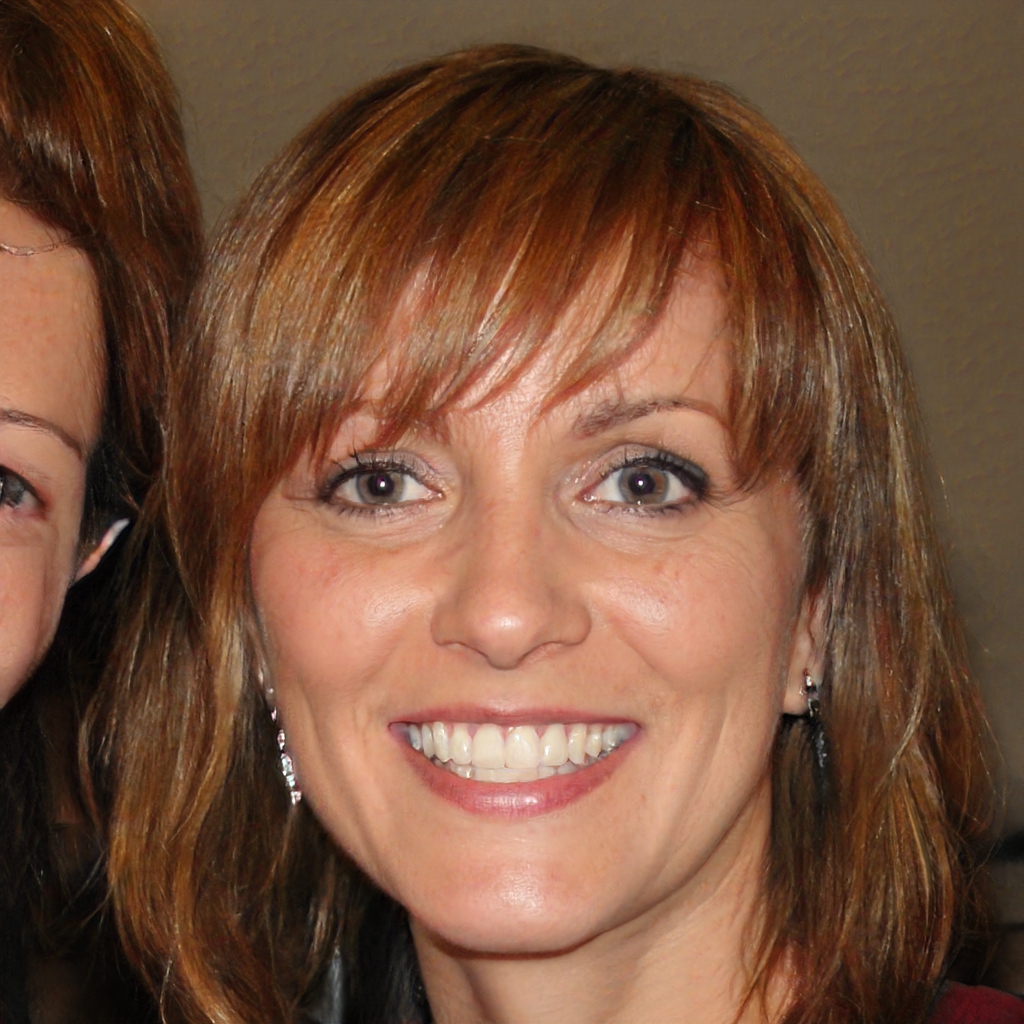Fitted with GPS technology, Camera Restricta compares online if too many photos have already been taken nearby and prevents you from taking more
One of the areas in which technology has introduced many changes is photography, improving it and making it accessible to anyone. The latest novelty launched in this field is one of those that, in addition to surprising because of its originality, makes us think above all.
Camera Restricta is a very special camera that does not simply immortalize objects and people. The most important feature, and never seen before on any device, lies in the ability of the device to "understand" if the photo has already been taken too many times. The functioning of Camera Restricta is simple, but ingenious: first it scans the framed object and then compares it with all the geo-localized photos found online. If the smart camera feels that many photos have been taken for a certain scenario, it retracts the shutter and closes the viewfinder. Basically, Camera Restricta is a device that prevents you from taking the same photos over and over again.
How Camera Restricta Works
The scans, which are taken over an area of 35×35 meters, are compared primarily with two photo platforms: Flickr and Panoramio. If the threshold of allowed photos is exceeded, the camera freezes. Aesthetically, Camera Restricta resembles a classic and modern camera. The body is made using 3D printing. Inside we find mainly a smartphone, which is responsible for managing the "technical" aspect of the camera. The mobile device in fact controls the GPS and the continuous flow of data between the network and the machine, necessary to understand the number of times the photo has been taken. The smartphone then reproduces the sound of the camera and also works as a screen. As for the software, Camera Restricta uses an open source system. Camera Restricta can also be used to discover new scenarios. It will be enough to "follow" the sounds emitted by the device that identify a photo found in the vicinity.
The video in the opening is taken from Vimeo
Some videos in this section were taken from the internet, then evaluated in the public domain. If the subjects present in these videos or the authors had something against the publication, just make a request for removal by sending an email to: [email protected]. We will provide to the cancellation of the video in the shortest time possible.
